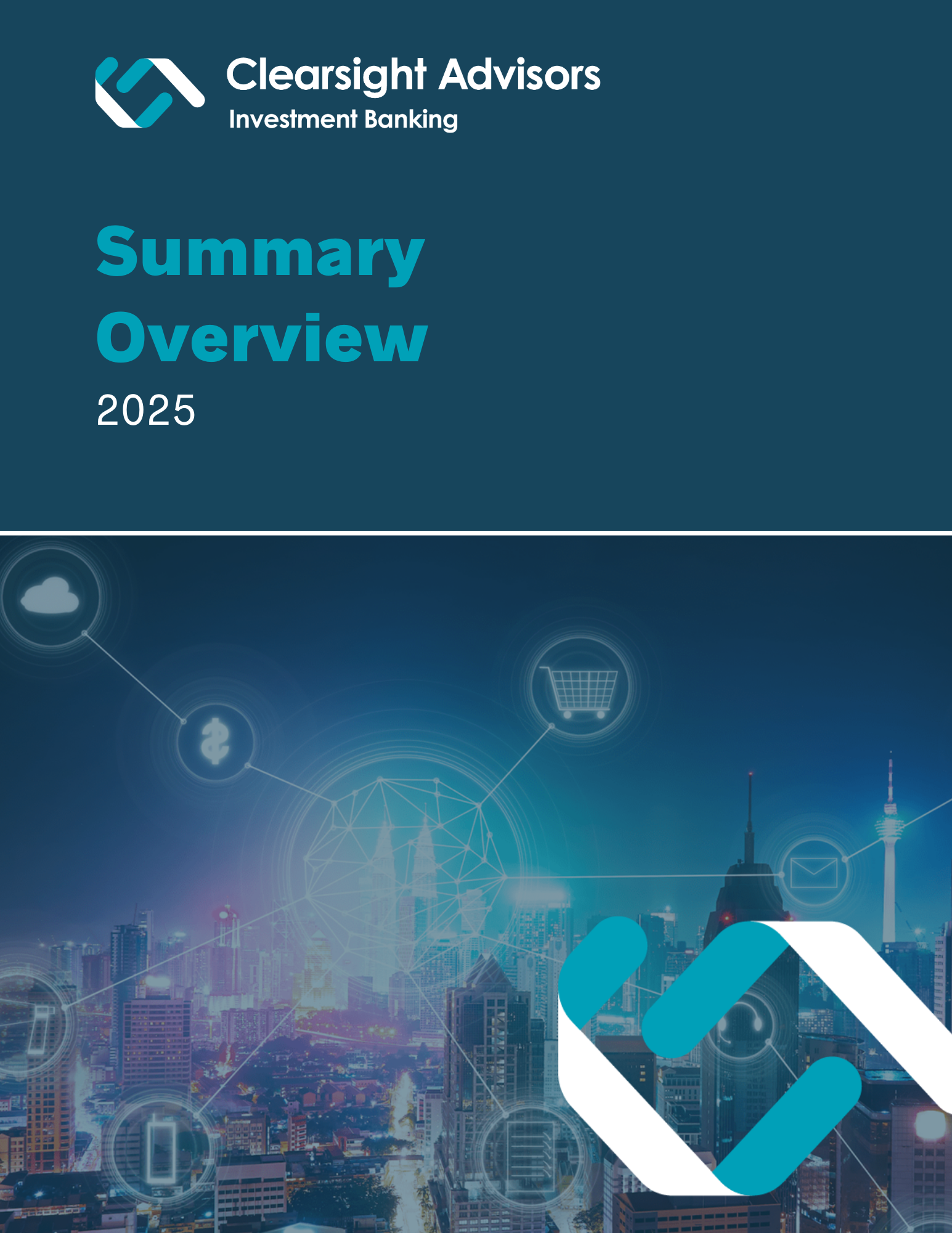Financial Crisis: Friend or Foe to the M&A Market?
Many argue that what doesn’t kill you simply makes you stronger; the evolution of M&A during what has become known as the “Great Recession” may serve as the ideal case study for such an assertion.
In the wake of the recent financial crisis companies have been cautious, to say the least. During an economic era defined by a credit crunch and the collapse of some of the largest financial institutions in existence, cash has become an extremely valuable corporate commodity. Ironically, the rising demand for cash on balance sheets acts as both an inhibiting mechanism and accelerating force behind the M&A market. But what accounts for this enigmatic dichotomy?
The key to the explanation is another commonly used expression: A penny saved is a penny earned.
Companies understand this philosophy well, and have used it to protect their wealth throughout the duration of the recession. Since the onset of the crisis in 2007, companies have been more cautious than ever in determining how and when to spend their cash. As might be expected during this period of uncertainty, many companies simply reduced expenditures in every aspect of operations including areas like R&D, marketing, and certainly acquisitions. Naturally, therefore, the M&A market has seen a decline in activity that some predict will last until this period of uncertainty passes. Overall, the recent recession put a relatively strong stranglehold on large mergers and acquisitions. Attesting to that statement, current domestic M&A levels are at approximately 30% of the peaks reached in the first half of 2007. But now that we are technically out of recession, shouldn’t merger and acquisition activity be rapidly accelerating? Probably, but it will require some time. As companies accumulate cash on their balance sheets from cutting expenses, they are slowly nursing the M&A market back to health.
One Reuters report explains “It’s an odd time for a slowdown. Stockpiles of cash on balance sheets and a pullback in market values would normally be seen as creating a buying opportunity.”
Nevertheless, many executives are remaining cautious. Given the current economic condition in the Eurozone and our domestic financial system’s close ties to the distressed region, uncertainty and excess caution may continue to define markets for the foreseeable future. However, the bleak short-term global economic outlook does not destroy the prospects of a strong future M&A market. As counter-intuitive as it may seem, the global financial crisis that has obstructed M&A activity over the past couple years may have strengthened the market’s future.
Accumulation of cash on hand that accompanied highly conservative spending over the past four years has left companies with excess money as we progress forward into economic recovery. In the coming 12-24 months, as companies look for ways to bolster growth and start anew, strategic acquisitions could be the likely product of idle cash. While the initial conservatism stemmed from direct domestic crisis, present-day conservatism is, at least in part, the product of a widespread fear of crisis contagion. If Eurozone troubles do not leak back into the US financial system as many companies suspect they might, then the consistently growing cash accumulations on corporate balance sheets will likely be a driving force behind an exploding post-crisis M&A market.
Share
